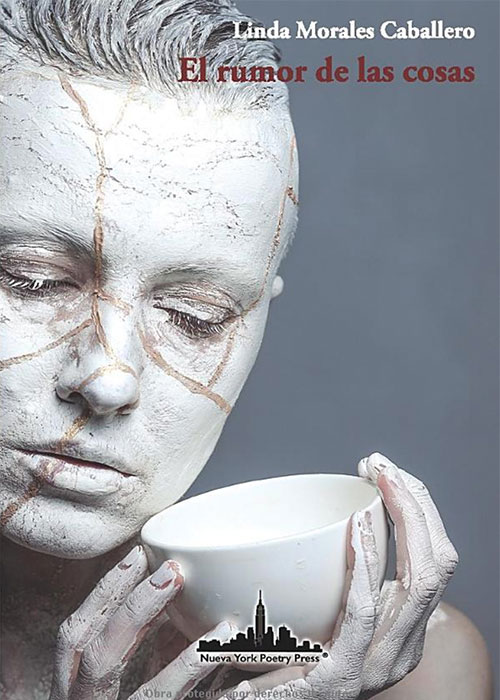
The first section of this enigmatic book is entitled “Kintsugi,” translated by its author, Linda Morales Caballero, as “the beauty of scars.” And that it is; but it is something else as well. The Japanese word (金継ぎ), composed of kin (gold or golden) and tsugi (to repair) refers to the art of repairing or suturing broken objects: ceramic bowls, for example, with gold liquid. As each object breaks differently, the golden sutures take on a special beauty, and in the end what is on display, as the author rightly says, is “the beauty of the scars.”
This excellent anthology, compiled and edited by Julia Nemirovskaya, showcases poems by Russian (and Russian-speaking) poets who express their absolute rejection of Russia’s war against Ukraine.
The documentary novel “The Tenth Circle” tells the story of the life, struggle, and destruction of the Minsk ghetto, one of the largest in the Soviet Union and Europe during World War II. (Russian edition)
“Monkey’s Defense” is a collection of short stories and parables by Nina Kossman, bilingual author of several books of poetry and prose and translator of Marina Tsvetaeva’s poems into English.
This collection focuses on the war between Russia and Ukraine as seen by Russophone poets from all over the world.
Launched in 2012, “Four Centuries” is an international electronic magazine of Russian poetry in translation.